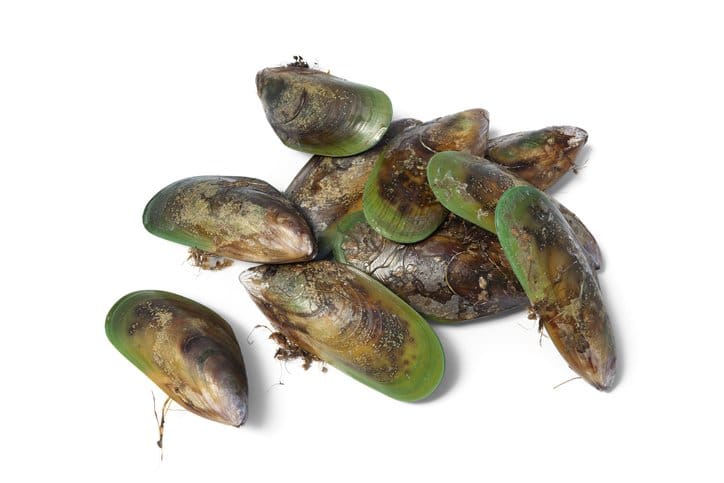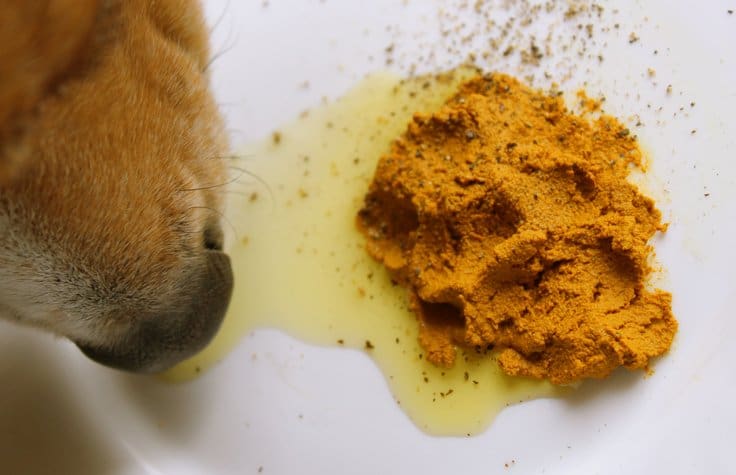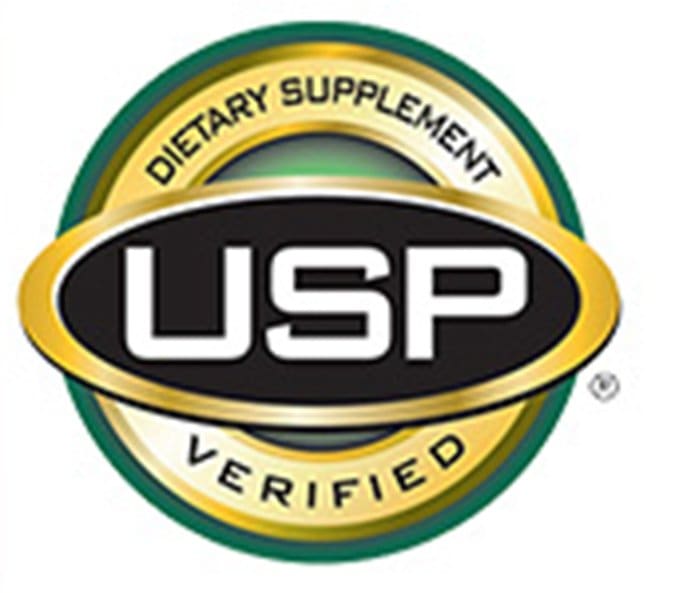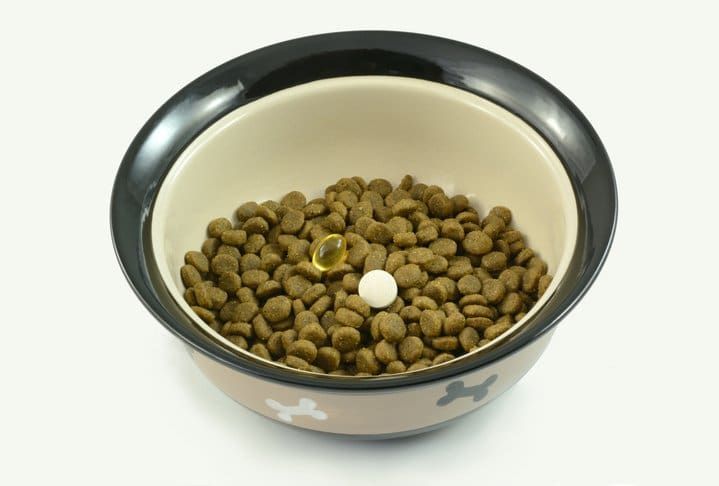If your dog has been diagnosed with a joint disease such as arthritis, then you’re probably no stranger to the world of joint supplements for dogs. Just visit your local pet store, and you will see that options abound. The choices can be confusing. There are chews, powders, and even diets that claim to improve canine joint disease. But which of these supplements are legitimate, and how can you tell?
The simple answer is that it can be difficult. Most of the supplements available for canine joint disease lack evidence-based medicine to support use. Most supplements are based on anecdotal evidence or studies in vitro (in a laboratory rather than in “real life”). Below is a list of common supplements for dogs with joint pain.
A List of Joint Supplements for Dogs:
Glucosamine chondroitin
Perhaps the most used supplement, GC was popularized because of its application in human medicine. Glucosamine and chondroitin are sourced from sea life (lobsters, crabs, and shrimp). Together, they are theorized to inhibit breakdown of the joint and have mild anti-inflammatory effects. Studies have not shown marked improvement in dogs with joint disease, but these products are safe and without significant side effects. As a result, they are frequently recommended as an adjunctive treatment. Cosequin is a labeled veterinary product with some published data. Keep in mind, it is always important to evaluate who did the study and why.
Fish oil
Fish oil can be tricky! They are an excellent source of fatty acids, which are critical for canine health. Dogs cannot synthesize enough of their own, so fatty acids must be supplemented through diet. Deficiencies can lead to coat, skin, joint, and reproductive problems. Usually, supplementation is accomplished through using an AAFCO- and WSAVA-approved dog food. Recently, the dog food market has been flooded with boutique brands that do not necessarily adhere to these testing and recommendation guidelines. So choosing a diet carefully and with veterinary assistance is imperative.
Fish oil may improve joint health, although as with many of these products, strong evidence is lacking. If you choose to use a fish oil product, consult with your veterinarian first! A reduction or change in food may be required, as some diets are very rich in fatty acids. This can lead to inadvertent weight gain and possible toxicity. Fish oil capsules are also hard to dose in large dogs because of the relatively small amount found in capsules.

Green-lipped mussels (Perna canaliculus)
While the name is attention-grabbing, GLMs are not new to the treatment of arthritis. Like their GC cousins, these medications are derived from sea creatures. Most studies have not shown much difference between placebo and GLMs, but there is a veterinary approved product with good oral absorption called Glycoflex. Research papers on this product are available at www.vetriscience.com.
Turmeric (curcumin) and Boswellia serrata
Phytotherapy (“plant medicine”) is as old as humankind. Turmeric is a powerful spice and has recently received a great deal of attention in human medicine. It is considered a strong anti-inflammatory and antioxidant. Studies in veterinary medicine are lacking, but it is safe to use (in a veterinary product) and may prove a useful adjunct. Because it has poor oral bioavailability, look for veterinary specific products such as Dasuquin Advanced, Synovi-G4, and Curcuvet.
In humans, Boswellia serrata (frankincense) has excellent evidence for reduction of pain and improved function in arthritis. Data is lacking in dogs, but Boswellia is frequently included in veterinary products such as Dasuquin.
See more options for plant-based arthritis relief here.

Microlactin
This product is advertised as a “nutritional aid” containing dried milk protein that may help with inflammation. The science behind this is hard to understand and honestly, it’s a bit hazy. Though there are several products that fall into this category, there is no available, unbiased scientific evidence to support its use. The published data has been financed by the companies producing the product.
Cannabinoids/CBD
Research into the use of cannabinoids for pain control in humans are ongoing. Research in veterinary medicine is lacking due to federal regulations regarding the uses of cannabinoids. This is changing. At this time, there are no dosing recommendations and CBD oil and other products cannot be recommended.
Important Considerations When Choosing Joint Supplements for Dogs

If using a human grade product, look for the logo of the United States Pharmacopeia Dietary Supplement Verification Program. This company tests “human dietary supplements for ingredients, concentrations, dissolvability, and contaminants” per the Cummings School of Veterinary Medicine website. Another excellent resource is ConsumerLab.com which tests BOTH human and pet supplements for ingredients.
When in doubt, before purchasing a product, check with your veterinarian. Supplements can be quite pricey, but often the profit is spent on flashy advertising rather than on rigorous quality control and efficacy testing. Your veterinarian can consult with a nutritionist regarding supplements and help you choose one that is right (and useful!) for your dog.







I use the Glucosamine for my dog and I think it helps. He is older though, so I might add the tumeric-I use it for myself daily.
Thanks for the tips.
Where does the NASC Quality Seal fall for pet supplements? I use a joint supplement for my 14-year-old toy poodle mix and it has this seal but not the others. The supplement is PetNC Natural Care Hip and Joint Soft Chews for Dogs and is supposed to have “human grade” ingredients.